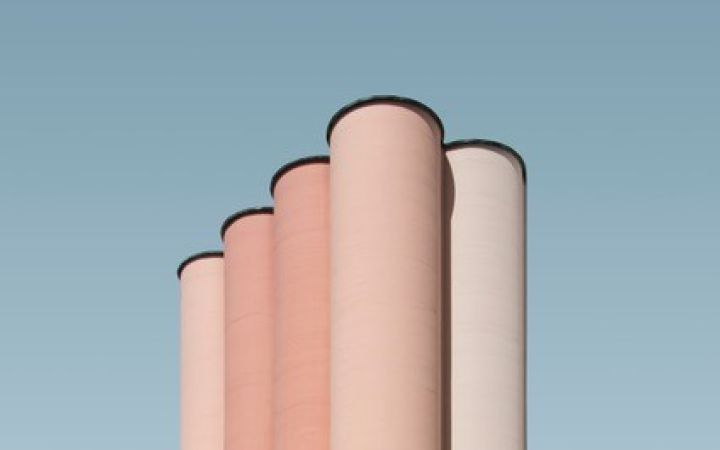June 2020 - Over the next 6-18 months, it is estimated that countries will invest more than US$20 trillion to recover from the fallout of COVID-19, which is expected to shrink the global economy by 3% this year. The makeup of these financial decisions—and the economic sectors that governments choose to support—will now define the shape of our societies and economies for decades to come, including our ability to respond to the climate emergency.
While the impacts of COVID-19 could cause greenhouse gas emissions to fall by as much as 4-7% this year, any respite is likely to be temporary. Tackling the climate crisis—and socio-economic consequences of COVID-19—will require a holistic approach to economic recovery, and one that positions countries to take a competitive standing in the global (green) economy of tomorrow.
To inform the design of their financial decisions, policymakers may rely on established approaches for promoting new economic sectors and accelerating structural economic change. In this regard, the study of industrial policy, and its more recent little brother—green industrial policy—could not be timelier.
Industrial policy—or strategic government measures that aim to stimulate a particular sector of the economy—has traditionally been employed to enhance productivity, boost competitiveness, and promote economic growth. Today, green industrial policy follows this same approach of state-driven structural change while also promoting broader social and environmental goals.
Drawing from recent experiences and examples of green industrial policy, and industrial policy more generally, can therefore enable policymakers to operationalize the structural change necessary for economic recovery, competitiveness, and new jobs. At the same time, it can accelerate the shift of carbon-intensive economic and industrial sectors onto greener trajectories, advancing the necessary transition towards a sustainable, greener, and more resilient global economy.
Public support for change has perhaps never been greater, and the oil price collapse and low interest rates mean that—by creating the right policy environment—governments can now direct this transition at a lower political and financial cost than ever before. In this regard, COVID-19 represents a “once-in-a-lifetime” opportunity to re-write the existing rulebook, and one that should not be missed.
Within this context, UNITAR’s Division for Planet, in collaboration with UNEP and UNIDO under the Partnership for Action on Green Economy (PAGE), has developed a new course on Green Industrial Policy: Promoting Competitiveness and Structural Transformation. The free, online, and self-paced course has been designed to advance learning on green industrial policy at a high technical level, and to provide policymakers with the tools needed to enact green structural change. Charting a logical path from conceptual understanding to practical application, the course can provide an invaluable building block as countries plan their economic responses to COVID-19.
In doing so, policymakers may also rely on a suite of existing and upcoming learning products that have been developed by UNITAR under PAGE. These include e-learning courses on:
- Introduction to green economy (in collaboration with UNEP, ILO, UNDP and UNIDO)
- Green fiscal reform (UNEP)
- Green economy and trade (UNEP)
- Green indicators (ILO and UNEP)
- Sustainable finance (UNEP, GIZ and SEB)
UNITAR is a founding member of PAGE. As attention now turns to managing the economic fallout from COVID-19, the Partnership is committed to assisting its partners as they navigate their economic recoveries—promoting inclusive green economy plans that will create growth, new jobs, and prosperity for all while reducing the environmental pressures on our planet.


